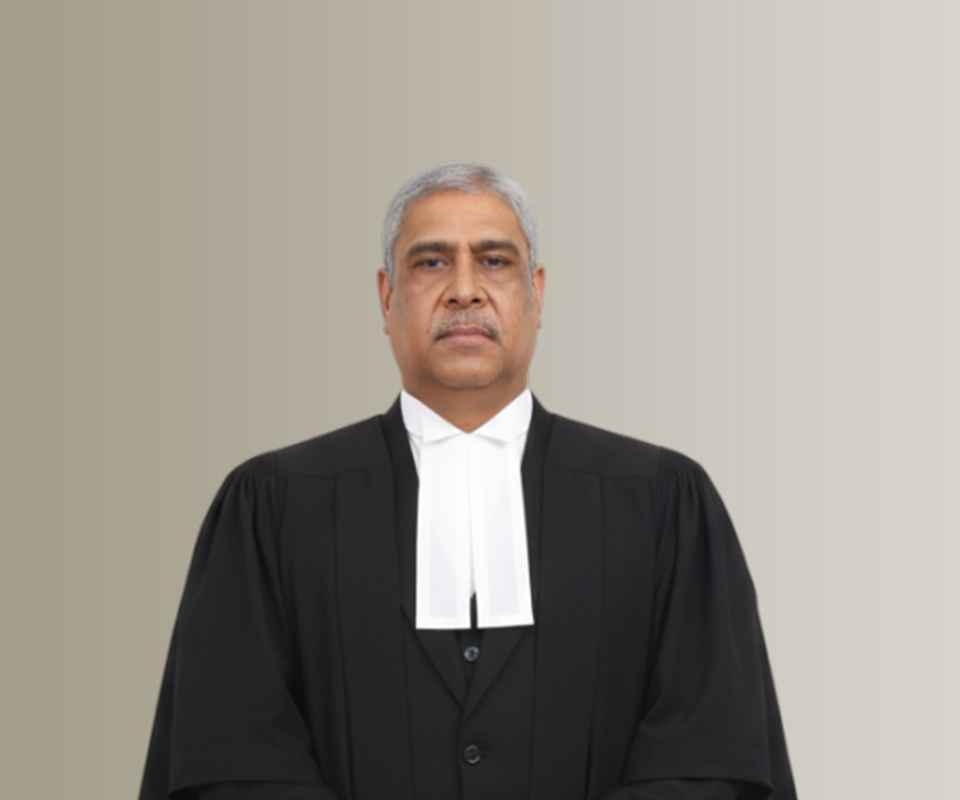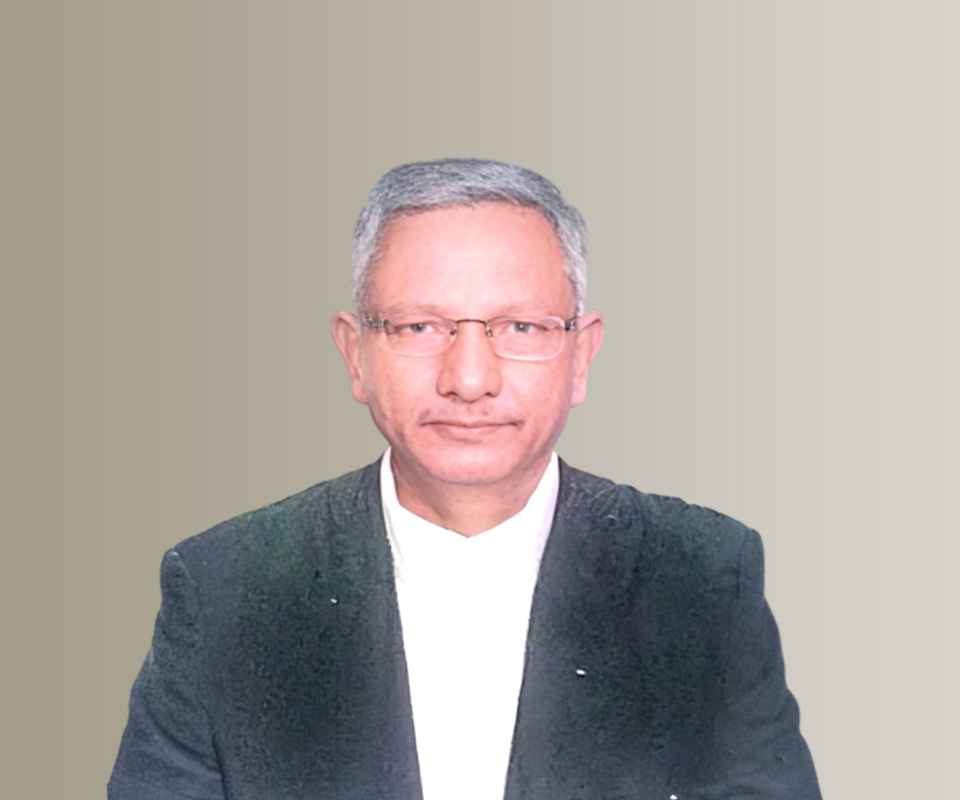Answer By law4u team
During periods of civil unrest, the enforcement and prioritization of protective orders, such as restraining orders, can be more challenging. Civil unrest often overwhelms law enforcement resources, and the normal operations of the courts may be disrupted. However, protective orders are still considered crucial for ensuring the safety of individuals, particularly those at risk of domestic violence or other forms of harm.
Handling of Protective Orders During Civil Unrest
Priority for Immediate Threats:
Even during civil unrest, law enforcement generally continues to prioritize protective orders that involve immediate danger or threats to individuals, especially in cases of domestic violence, stalking, or harassment. Officers are likely to enforce these orders if there is an immediate risk of harm.
Limited Resources:
During times of unrest, law enforcement may have fewer resources to respond to non-emergency calls, which can delay enforcement of protective orders. While high-priority cases (such as violations involving physical harm or direct threats) are still likely to be addressed, lower-priority situations may experience delays.
Court Operations:
The courts may continue to issue protective orders even during civil unrest. However, if the unrest disrupts normal operations, there may be delays in hearings or challenges in serving orders. Emergency protective orders (EPOs) can sometimes be granted more quickly, especially in situations where immediate harm is anticipated.
Temporary Adjustments:
In some jurisdictions, courts may implement temporary procedures during civil unrest, such as extending the duration of existing protective orders or adjusting enforcement protocols to deal with the specific challenges posed by widespread protests or violence.
Legal Protections Remain in Effect:
Regardless of civil unrest, legal protections granted by protective orders remain in effect. The issuing court does not typically revoke or suspend these orders due to public disturbances, though their enforcement may be delayed or complicated.
Challenges in Enforcement
Crowded or Dangerous Environments:
Civil unrest can make it difficult for law enforcement officers to locate individuals who are violating protective orders, especially if they are in areas where crowds or widespread violence are present. Officers might also face heightened risks when attempting to enforce these orders.
Communication Issues:
During civil unrest, communication lines between courts, law enforcement, and individuals may be disrupted, leading to delays in serving or enforcing protective orders.
Law Enforcement Discretion:
During civil unrest, law enforcement officers may have to exercise discretion in prioritizing calls for service. While protective orders are important, officers may need to allocate resources to larger public safety concerns, which could delay response times for individual protective order violations.
Example:
In a city experiencing civil unrest following a large-scale protest, a person with an active protective order against an abusive partner may be at risk of harm if the abuser violates the order. While law enforcement is stretched thin due to the unrest, officers will still prioritize responding to situations where the safety of the individual is at immediate risk. If the abuser attempts to approach the individual, law enforcement will take action, but there may be delays in enforcement if the violation occurs in an area with heavy unrest or safety concerns for the officers.







